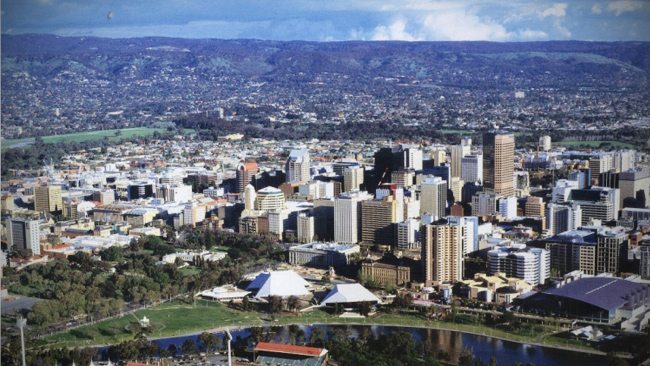
Australia’s federal government might have disgraced itself at the latest United Nations climate talks in Madrid, but a survey of major local governments around the nation has found overwhelming support for the net zero by 2050 goal of the Paris Climate Agreement.
The report, produced by ClimateWorks Australia and Monash Sustainable Development Institute, assessed the climate policies and targets of Australia’s 57 largest local governments – representing more than half of the national population.
The results revealed that nearly 40 per cent of the surveyed local governments had made commitments to reach a zero emissions target by or before 2050 for their community emissions – that is those generated by residents, businesses and visitors.
The report also found that 58 per cent of assessed councils had set targets to bring their own operational emissions to zero by 2050. Collectively, these 33 councils – four of which were already carbon neutral – cover around one-third of the Australian population.
The Cities of Sydney, Melbourne and Brisbane were among those LGAs that had already become carbon neutral for their operational emissions.
Other capital city councils – Adelaide, Darwin and Canberra – aim to become carbon neutral for their operations by 2020, 2030 and 2040 respectively, the report noted.
The Net Zero Momentum Tracker report also singled out Victoria’s Moreland City Council, the Northern Beaches Council in New South Wales, and the ACT Legislative Assembly for their targets of net zero by or before 2050, with supporting interim targets addressing both operational and community emissions.

Many others are making impressive headway. As reported on One Step Off The Grid in October last year, the former coal centre of Newcastle unveiled plans to become the first local government in NSW to move to 100 per cent renewable electricity after awarding a tender to purchase power from the state’s largest wind farm.
The city – whose economy has traditionally been built around the region’s coal mines and generators, signed a 10 year, 14GWh power purchase agreement with Flow Power to buy the equivalent of all its electricity needs from the Sapphire wind farm in New England.
Petra Stock, the program manager of cities and policy at ClimateWorks, said the study’s findings were “significant,” and reinforced the importance of strong policy at all levels of government.
“This study reminds us that decisions made by councils matter,” Stock said. “Local councils rank among Australia’s most important infrastructure owners and managers, with collective responsibility for over $380 billion in infrastructure and land,” she added.
“To put these commitments into perspective, it means local governments covering 21 per cent of Australia’s population already have agreed to eliminate all the emissions from their regions by 2050, which is aligned with the Paris Climate Agreement.
“Not only are they generating public awareness and enthusiasm for a broader transition, they are collaborating with other jurisdictions to share knowledge and join combined initiatives, and lobbying other levels of government to take more ambitious action,” she said.
“We encourage all local governments to work across the community and with businesses and state and federal governments to deliver on their commitments, and to make comprehensive commitments with interim targets.”
As the map below illustrates, all of Australia’s state and territory governments have now also made a net zero by 2050 commitment, leaving just the federal Coalition government without any long-term emissions reduction plan.
But of course, more can be done at the local government level. ClimateWorks says the next step for Australian city councils is to set net-zero-by-2050 targets, supported by interim emissions reduction targets and strategies that address both council operations and community emissions.
“By setting ambitious net zero emissions targets that align operational and community emissions with the goals of the Paris Climate Agreement, Australian local governments can, through their example and influence on citizens, businesses, states, territories and the federal government, help to build momentum to achieve the transition to net zero emissions nationwide,” the report says.

Sophie is editor of One Step Off The Grid and editor of its sister site, Renew Economy. Sophie has been writing about clean energy for more than a decade.


